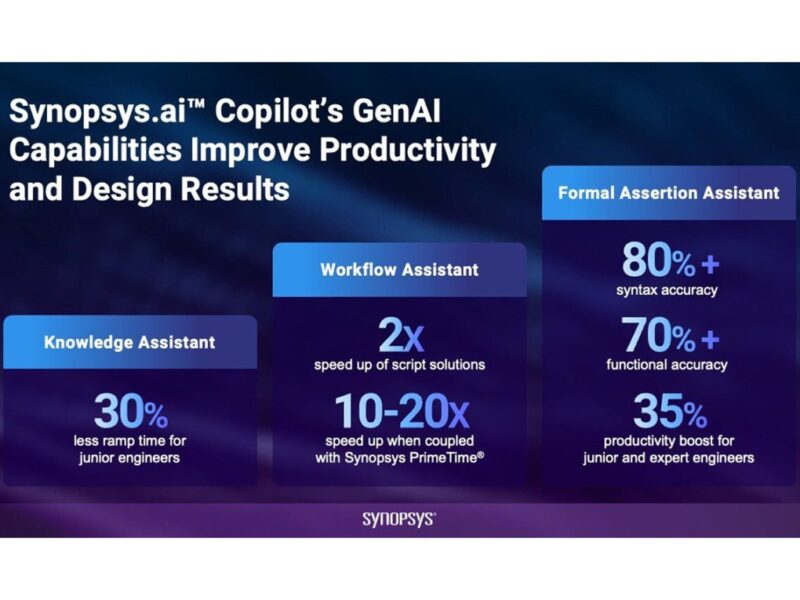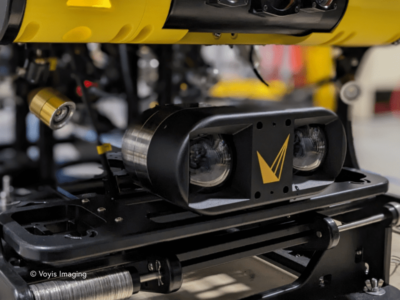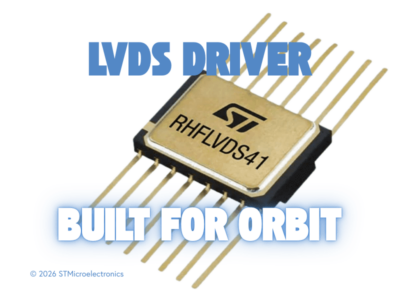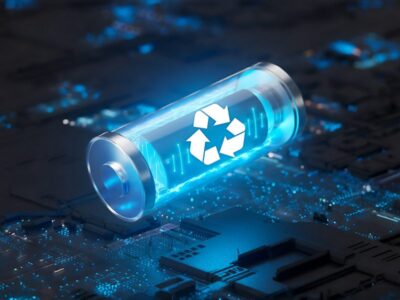
Synopsys brings GenAI capabilities to EDA
 Cette publication existe aussi en Français
Cette publication existe aussi en Français
Synopsis has expanded Synopsys.ai Copilot generative AI (GenAI) capabilities for its industry-leading semiconductor design solutions, enabling semiconductor engineering teams to accelerate development timelines, support significantly more complex designs, and increase capabilities amidst a workforce shortage.
GenAI capabilities help customers optimise silicon performance, improve efficiency, and accelerate time to market. The expanded Synopsys.ai Copilot assistive and creative capabilities have been in use with early access customers. They are demonstrating significant design quality and engineering productivity gains, accelerating customer workflows from days to hours, and hours to minutes.
“AI is revolutionising every layer of chip design and fueling a wave of ingenuity to deliver the next generation of advanced SoCs,” said Sanjay Bali, Senior Vice President, Strategy and Product Management, Synopsys. “With the latest Synopsys.ai Copilot capabilities supporting assistive and creative applications across the chip design flow and delivering significant customer impact, we are empowering engineering teams to increase the quality of designs, free their time for additional high-value opportunities, and accelerate technology innovation.”
Assistive GenAI capabilities
Synopsys’ top customers are utilising the company’s breakthrough knowledge assistant and new workflow assistant applications, enabling engineers to be more productive and faster while using Synopsys tools. Notably, customers using the knowledge assistant are reporting a 30% faster ramp time for early-career engineers. Documentation searches and script generation that previously took hours now take minutes with Synopsys.ai Copilot. For example, the new workflow assistant application improves time to solutions for scripts by 2X on average; when utilised with Synopsys PrimeTime, it generates scripts 10X-20X faster than traditional methods. These significant efficiency gains are enabling newer engineers to work more independently and efficiently in Synopsys tools while maintaining high-quality standards.
Furthermore, the knowledge assistant application is now available for all Synopsys Cloud users on both SaaS and Bring Your Own Cloud (BYOC) deployments. The Synopsys Cloud SaaS platform currently hosts more than 100 startups in production. With access to Synopsys’ knowledge assistant application integrated seamlessly within their workflows, these startups can fuel engineering productivity and significantly accelerate time-to-tape out.
Creative GenAI capabilities
Synopsys’ creative GenAI capabilities, including formal assertion generation and RTL code generation, are helping early access customers accelerate design and verification cycle times from days to hours, and hours to minutes. For example, a leading AI infrastructure solutions provider observed a 35% boost in engineering productivity for early-career and expert engineers within formal verification workflows, driven by automated formal testbench creation with a high degree of syntactic and functional accuracy. The accelerated workflow, combined with improved results, enabled the team to validate 10 design components in just 10 days.
New Ansys Engineering Copilot boosts simulation
Ansys, now part of Synopsys, recently introduced Ansys Engineering Copilot. This multifunctional virtual assistant helps shorten learning curves and increase engineer productivity and speed while using Synopsys simulation tools. The latest Ansys product release also featured updates to Ansys SimAI, a physics-agnostic application that combines the predictive accuracy of Ansys simulation with the speed of AI. SimAI is now integrated with Ansys optiSLang®, accelerating dataset creation and AI training to unlock further design variation exploration and shortened product development cycles.
AgentEngineer first prototype demonstrated
GenAI capabilities developed by Synopsis are an essential foundation for the next frontier — AgentEngineer technology for chip design. These agents and multi-agent systems are specifically designed and trained to enhance engineering workflows for human engineers by introducing progressive levels of autonomous execution, thereby increasing productivity, yielding better results, and reducing computational requirements. Synopsys and Microsoft are continuing their close collaboration to usher in this era of agentic AI. Synopsys recently showcased the first prototype of the capability at DAC 2025, built on Microsoft Discovery.
“Together, we are not just optimising existing workflows — we are introducing a new paradigm to advance engineering innovation and productivity for next-generation chip designs,” said Aseem Datar, Corporate Vice President, Product Innovation at Microsoft. “Our collaboration is redefining what is possible in the industry, leveraging Synopsys’ deep domain expertise and the power and scale of Microsoft Discovery.”
Synopsys’ vision for AgentEngineer technology is for it to progress from performing step-level actions of single agents (L2) to complex actions with multi-agents (L3) to dynamic flow optimisation with adaptive learning (L4), and finally to autonomous decision making (L5).
 If you enjoyed this article, you will like the following ones: don't miss them by subscribing to :
eeNews on Google News
If you enjoyed this article, you will like the following ones: don't miss them by subscribing to :
eeNews on Google News





